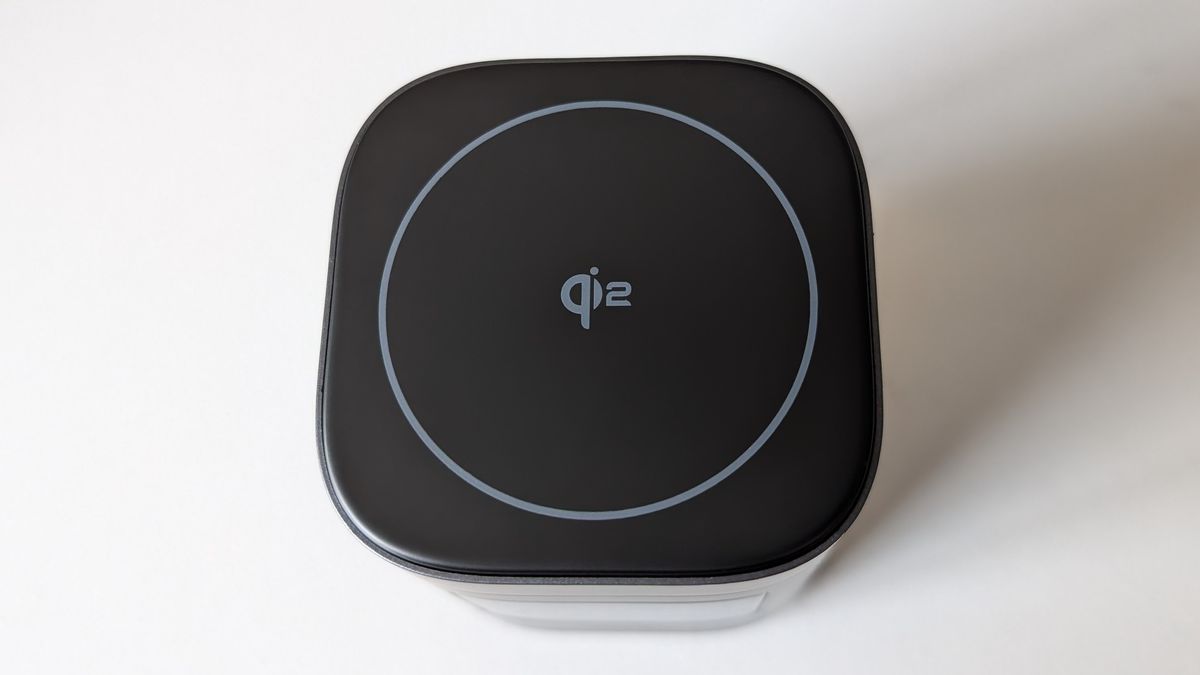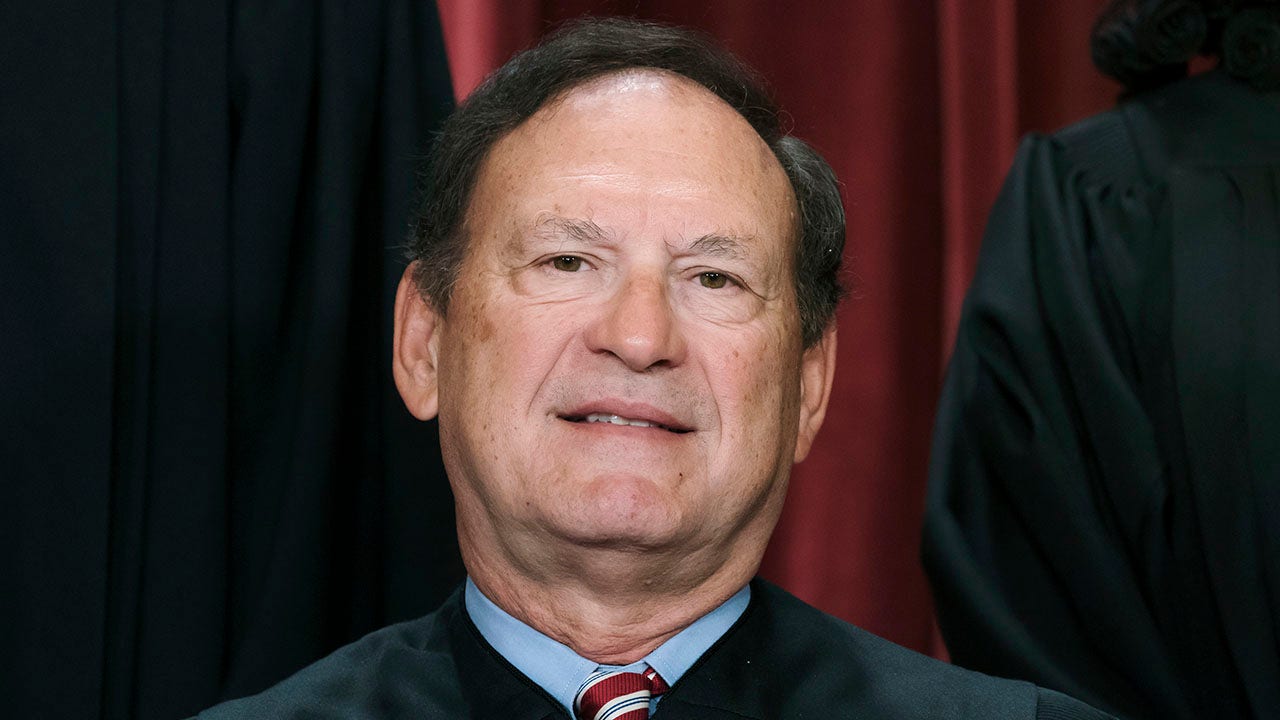If you’re young, vaxxed, and healthy, things are looking up.
Almost three years into the pandemic, new data obtained by CNN suggests that you’re very unlikely to get severely sick from COVID-19 if you’re following COVID-19 vaccine recommendations, don’t have underlying health conditions, and are under age 60.
Northwell Health, New York’s largest healthcare provider, looked at roughly 2,000 individuals who were hospitalized for COVID-19 from May to July of this year. It found that 80% of the hospitalizations were those older than 60 (66% over 70, 15% in their 60s, and 8% in their 50s); about 90% had an underlying health problem. This comes as overall hospitalizations are down, according to the U.S. Centers for Disease Control and Prevention (CDC).
Taking the latest recommended vaccinations, including boosters, against COVID also reduced hospitalization risk. Almost half (47%) of people hospitalized for COVID were unvaccinated, and 21% had only one or two shots of the vaccine. Those who were hospitalized but up-to-date on vaccines were more likely to be over the age of 65.
“You’re going to be in a pretty good place,” Dr. William Schaffner, a vaccine adviser to the CDC, told CNN of healthy and vaccinated individuals under age 60. “You’re going to be well-protected.”
Along with the recent report, the CDC is expected to alter its COVID-19 guidelines by group; for example, re-examining school protocols in a different way than guidelines for those with high-risk conditions, such as those who reside in nursing homes, CNN reports.
“COVID is substantially different now than the beginning, when we did not have vaccinations or treatments,” Dr. Scott Roberts, associate medical director of infection prevention at Yale New Haven Hospital, tells Fortune, adding that the findings are reflected in his hospital. “The two biggest factors that determine how someone will do [with COVID] are age and vaccine status.”
The young, vaxxed, and healthy should still be cautious
The risk for severe illness doesn’t negate the risk for symptoms and even severe uncomfortable symptoms, Dr. Preeti Malani, an infectious disease specialist at the University of Michigan, tells Fortune. People can still contract the disease, feel sick, and miss out on prior commitments. She advises those who have resumed normal schedules to be extra cautious before big engagements.
It’s important for the young, vaxxed, and healthy to discern when they can ease up on precautions and when to protect the other cohort who remain high-risk for severe disease. They still risk transmitting coronavirus to somebody who is vulnerable, Roberts says. He adds that it’s important to take caution in these cases, such as a younger healthy person working in a nursing home.
If younger students gather together for class, though, Roberts says it may make more sense to alter recommendations compared to a group of people who are high-risk.
“The key though is, is that school aged child gonna go back and infect somebody who’s vulnerable?” he says. “A lot of this is personal risk tolerance. What is each individual willing to sacrifice?”
For Malani, it’s also increasingly about individual risk assessment. With that, she says it’s crucial for people who want to feel the most pre-pandemic normalcy to abide by guidelines like not going into public spaces if they are coughing or feeling sick. If there is a sense of trust within communities, more people may feel more comfortable traveling, entering public places, or attending large family events.
“Whether it’s at work, or school, or social settings, we’re going to have to be flexible. We’re going to have to be willing to say, ‘I’m not feeling good right now, so I’m not going to come in today’ or ‘I’m not going to go to this party,’” Malani says. “That’s a difficult dance for people.”





















Discussion about this post